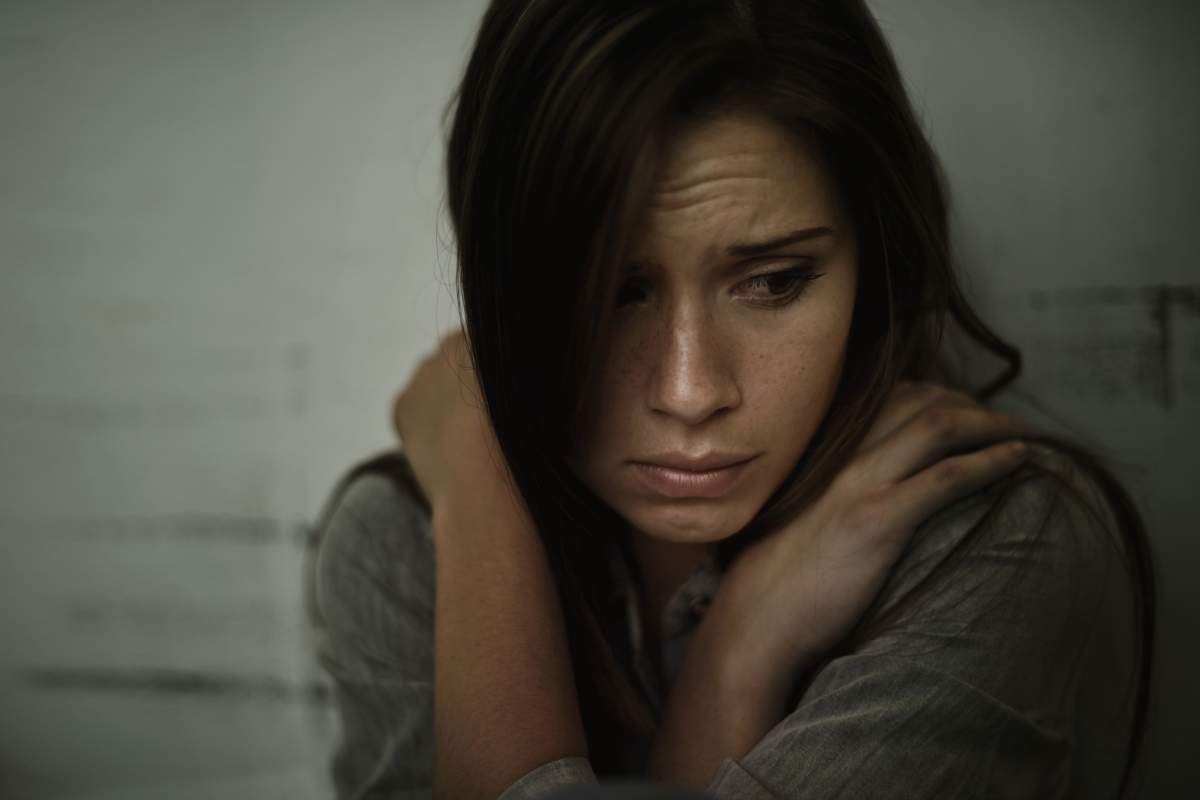The signs of physical abuse are often visible, making it easier for an outsider to spot the problem. But as emotional abuse happens beneath the surface, it can be more difficult to detect.

People being emotionally abused may feel like they are not good enough, or that they can’t seem to act the “right” way in a relationship. Often, Senior says, there is a belief among survivors that if you’re not physically hurt, you’re still OK.
READ MORE: How Canada’s first women’s shelter saved women and their children from abuse
What is emotional abuse?
There are a number of different actions that constitute emotional abuse, but experts agree it is the act of attempting to control someone the same way physical abuse does, Psychology Today reports.
“The only difference is that the emotional abuser does not use physical hitting, kicking, pinching, grabbing, pushing or other physical forms of harm. Rather the perpetrator of emotional abuse uses emotion as his/her weapon of choice,” the site notes.

Senior adds because these types of relationships are so on-and-off, instead of reaching out for help, most survivors think they can do something themselves to fix the problem. She says some can develop depression, anxiety and in worst cases, have thoughts of suicide.
Common signs

Get daily National news
With controlling partners come controlling actions, and Senior says it can feel like someone is restricting your movement all the time. The following are common signs your partner is emotionally abusive:
- Your partner makes negative comments about your body
- Your partner tends to keep you away from family and friends
- Your partner monitors your personal social media accounts and e-mails to see who you interact with
- Your partner is overly jealous, to the point where you cannot go out with friends or go out alone
- Your partner makes comments about what you wear and the type of attention you could receive
- Your partner yells or argues with you, but quickly apologizes and makes up for his or her actions
And for anyone who may be wondering if someone in their life is going through an emotionally abusive relationship, Senior says there are some changes in their character and demeanour to look out for:
READ MORE: Teen dating violence strong predictor of future domestic abuse: University of Calgary study
- The person is more likely to cancel plans or not show up to events
- The person becomes more quiet, distracted and shows signs of depression
- The person can’t have day-to-day conversations anymore, over the phone or in-person
- The person doesn’t talk about their relationship and if they do, they give the impression that everything is fine
- The person is more likely to change how they dress (often, more conservative)
Why some survivors don’t reach out
There are several reasons why abuse survivors will stay in these types of relationships or not reach out for help. According to long-term support organization Victims of Violence, violence is a cycle and often unpredictable.
This pattern includes a tension building phase (the abuser is always angry), the acute battering phase (the abuser is violent) and the honeymoon phase (when the abuser feels guilty and promises to change).
READ MORE: Why beauty professionals are being trained to prevent domestic abuse
Other factors that contribute to a survivor staying in an abusive relationship include fear for their safety or their children’s safety, and the fact that they don’t have a place to go.
Senior says finances also play a role, and victim shaming and self-recrimination is still way too common. (In the case of women who are sexually assaulted, many believe reporting the violence won’t result in justice.)
Worse yet, Senior says, even if the abuse isn’t physical, sometimes it can turn that way.
Where to get help
If you or someone you know is in crisis and needs help, resources are available. In case of an emergency, please call 911 for immediate help.
And while many don’t feel comfortable going to the police, Senior says there are hundreds of shelters across Canada willing to help.
“A woman doesn’t have to be physically abused to access a shelter,” Senior says. “There are also crisis lines and support lines that allow you to talk to someone anonymously.”
Here is a list of shelters across Canada that will offer a safe place to stay, counselling and referrals.








Comments
Want to discuss? Please read our Commenting Policy first.